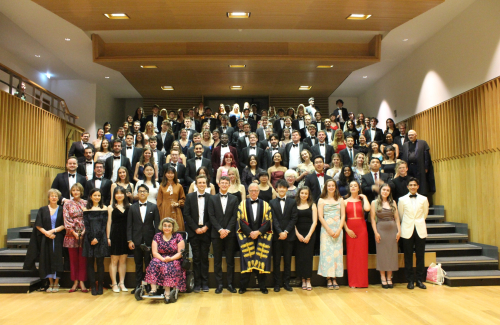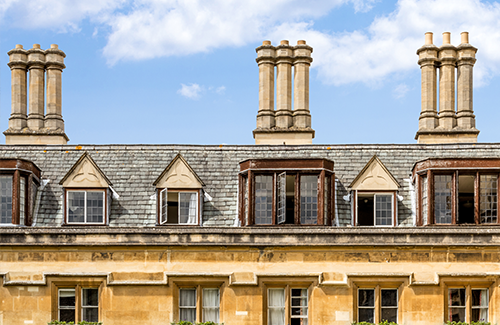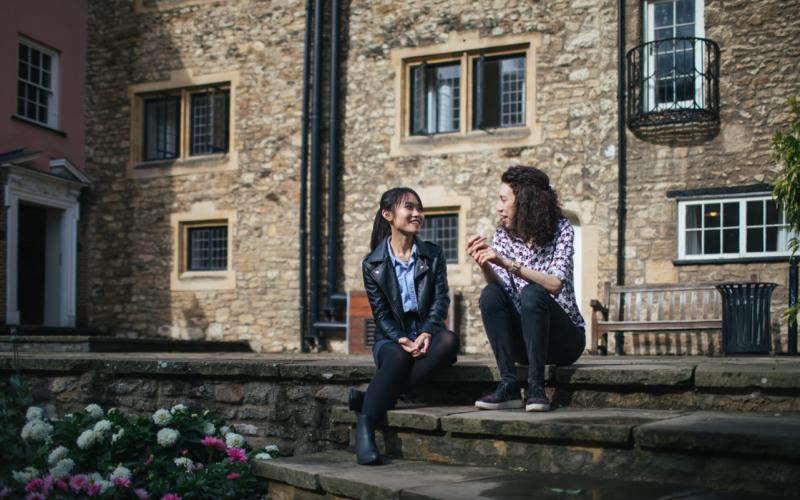Who We Are
Our core purpose, at the heart of the College since we were founded in 1624, still guides us today:
Pembroke is an historic foundation dedicated to serve the common good through the provision of education and the promotion of scholarship and research.
Over the past four centuries Pembroke has adapted as the world around has changed: appointing academics in science, admitting women, adding new facilities; but our focus on scholarship has remained.
Today we seek to attract the brightest minds to join our community. We are fortunate to live and work in beautiful historic buildings in central Oxford, but are always mindful that our people are our future and are at the heart of everything we do. Many generations of Pembrokians have made their mark on the College, and then on the world in a huge variety of ways.
Our down-to-earth approach and culture of having a go enables us to respond and adapt to the world around us. Collaborating with our colleagues, who bring a variety of backgrounds and perspectives, leads us to adapt and improve, and results in some fascinating academic investigations.
What Our Community Say
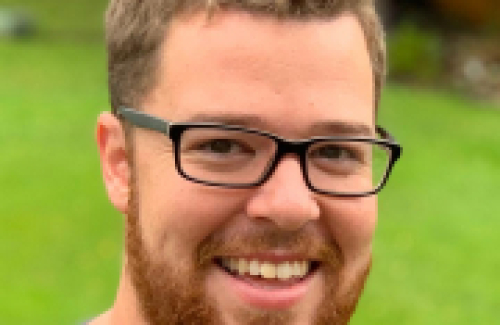
When I left school I had absolutely no intention of going to university. I didn't even bother filling out an application form because all I wanted to do was play tennis. And yet here we are, many years later, and now the university can't get rid of me!
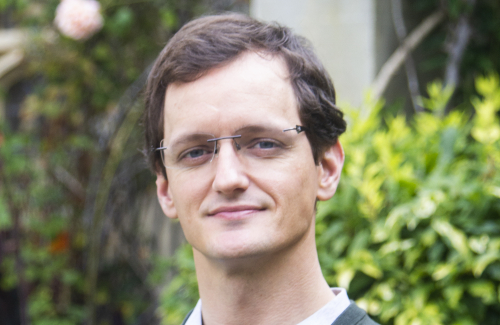
I joined Pembroke in 2018, where I serve as a Tutorial Fellow in Ecology. In addition to the vibrant conversations with other academics and staff in college, I deeply enjoy interacting with my undergraduate and postgraduate students.
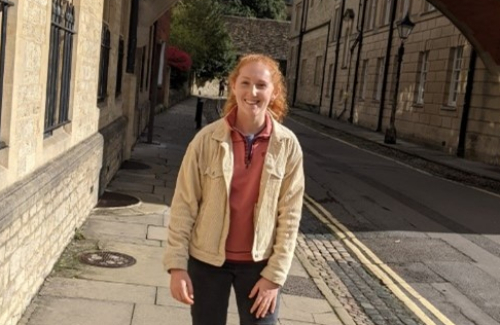
I decided to apply to Pembroke after the open day – I had visited a number of different colleges but none of them had quite the same welcoming feeling, a feeling which was cemented again during my time at interviews, where I met many more wonderful people and was able to experience more of daily life in college.
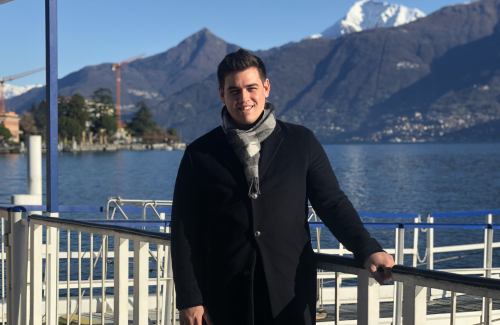
I’d generally start my day by visiting the MCR to make a coffee and have a chat, before heading to my department to work. Pembroke’s library is also extremely useful, and had a huge number of books I needed for my politics and international relations papers (and they will always try and order hard to get books for you!)
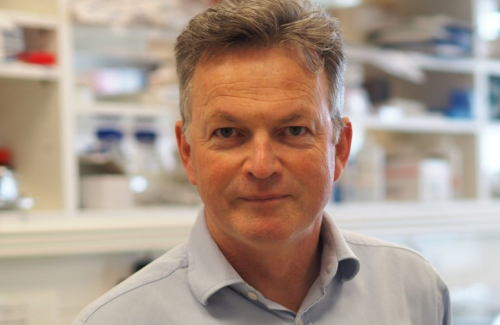
I am a medical doctor specialising in diseases of the nervous system (brain and nerves). I am also a neuroscientist, and my research is focussed on understanding the mechanisms and finding treatments for motor neuron diseases, like amyotrophic lateral sclerosis.
